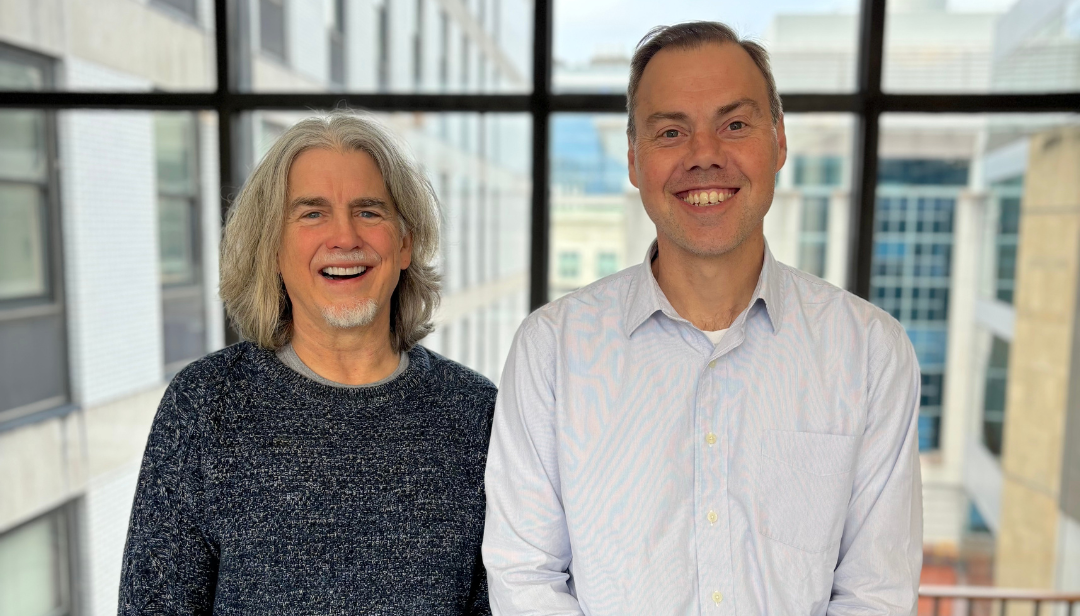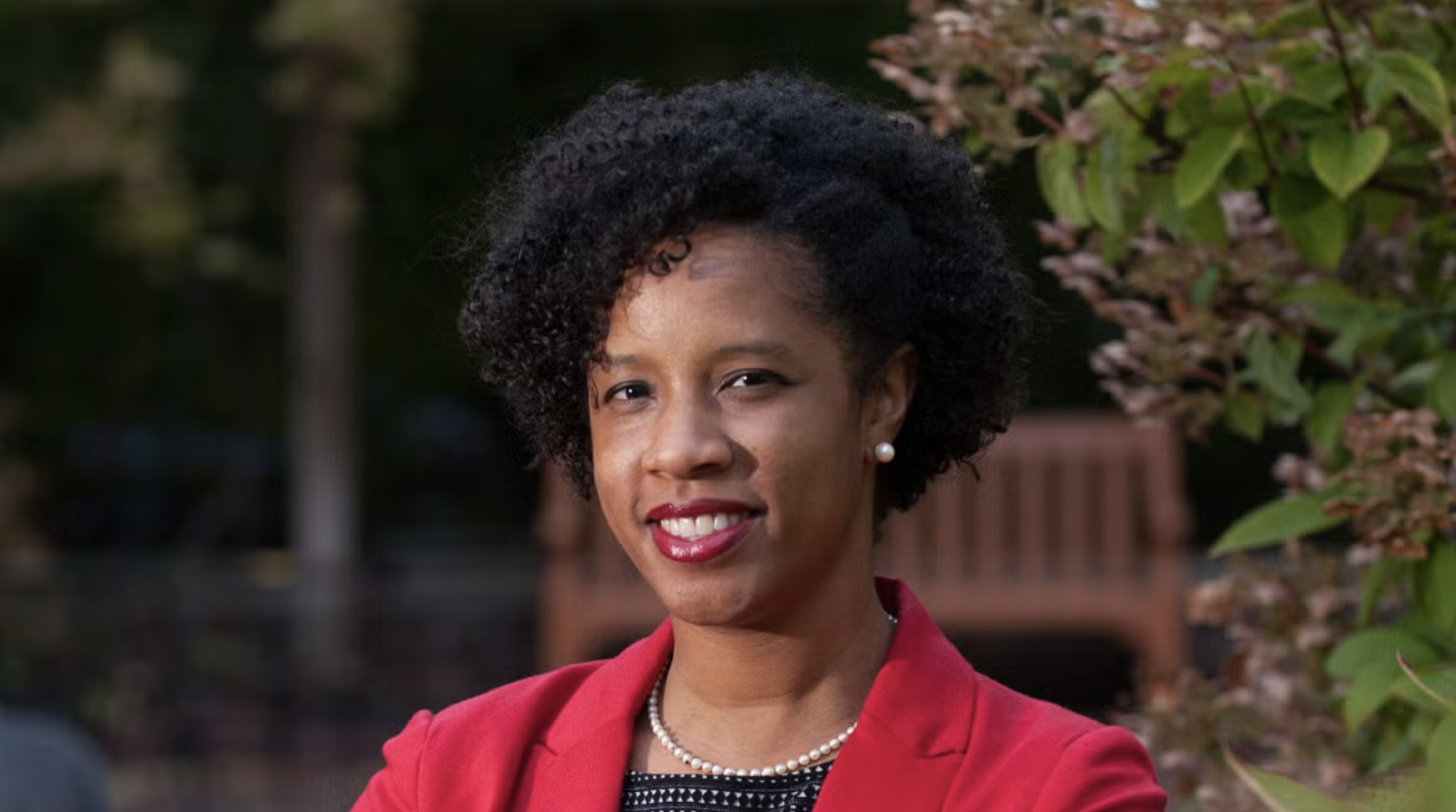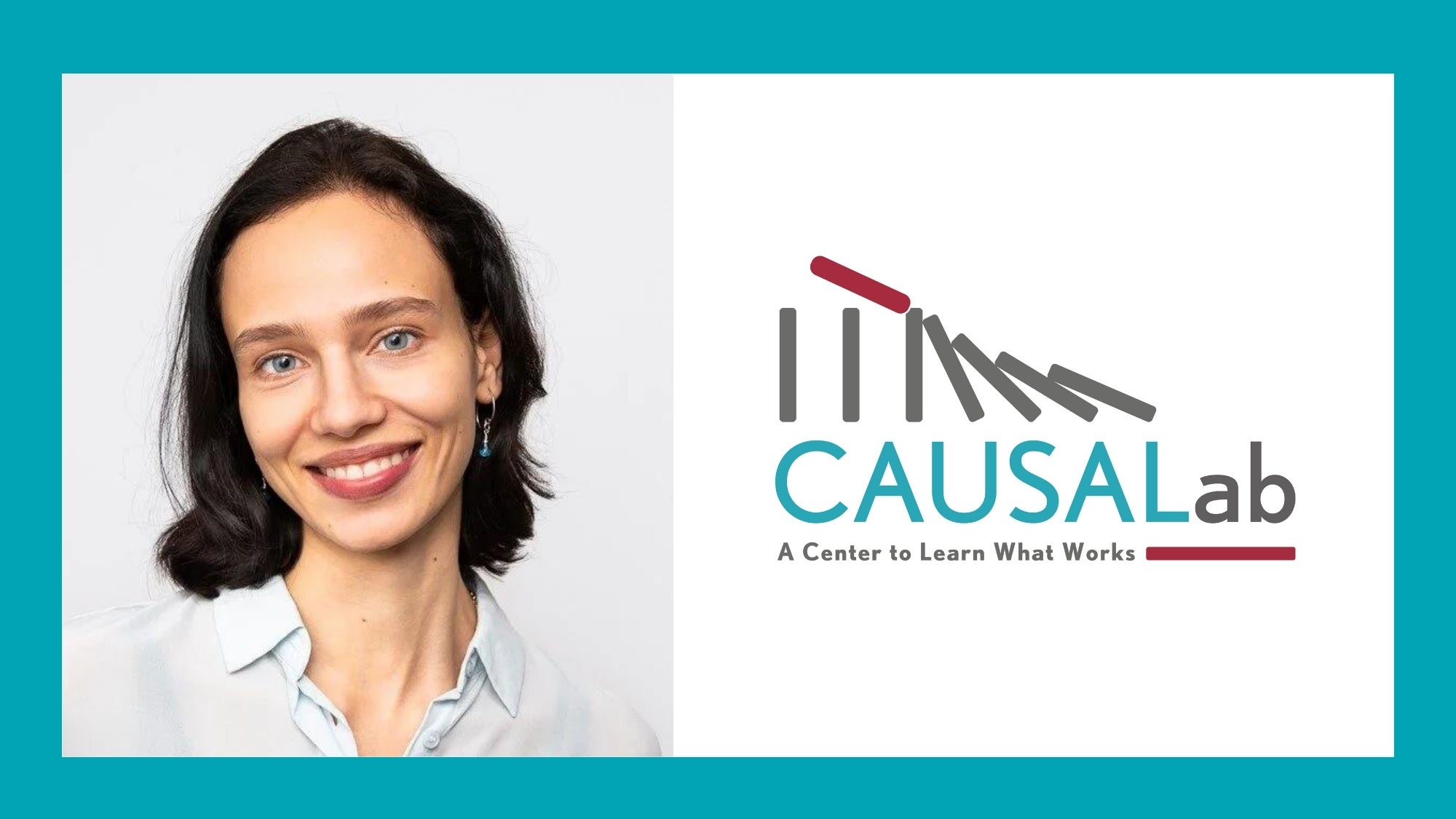2024 Message from the Chairs

Janus, the Roman God of transitions for whom the month January is named, is often depicted with two faces, one looking backward and the other forward, representing the themes of duality, change, and foresight. As we approach the end of 2024, it is useful to look back at what we’ve achieved and to look forward to the challenges and opportunities that 2025 will bring.
Our department has been very fortunate to continue to be ranked the best biostatistics program in the country, a distinction we should all be proud of. Our place as the best program in the country is based on the outstanding research of our faculty, research scientists, postdocs, and students, our commitment as a community to training the next generation of leaders in quantitative public health, and the outstanding work that our admin and finance staff do to make everything else possible and functional. As chairs, we often reflect on the amazingly talented and dedicated group of people in our department, drawn from across the world, who continue to support our mission of using data to make the world a better and healthier place. It is the people in this department and the impact of our work that truly distinguishes our department.
Program Manager Amanda King, who assembles our weekly Biostats Briefing, has done an amazing job of highlighting many of the department’s collective and individual accomplishments elsewhere in this year-end newsletter, but it is worth calling out a few of the most notable accomplishments of the past year.
The first is the promotion of Rajarshi Mukherjee to Associate Professor. His wide ranging contributions include advances in semiparametric inference, high-dimensional inference, the theory of machine learning in causal inference, the theory of estimation of nonparametric functionals, and random network and graph theory. The importance of his work can be seen in his contributions to the analysis of large-scale genetic association studies, the quantification of the effects of climate change on human health, and exploration of the effects of homelessness on health and welfare. Beyond his research excellence, Rajarshi is a gifted teacher, an exceptional mentor, and associate director of graduate studies, helping to lead our PhD program.
The contributions of our faculty in education and its importance to the mission of the Harvard Chan are further reflected in Erin Lake’s reappointment as Lecturer on Biostatistics. Erin has taught BST 210, our introductory Applied Regression Analysis for many years and has been highly praised by her students for her combination of rigor and practicality in explaining complex material in a way that makes the topics she teaches both understandable and useful. Based on her outstanding class materials, Erin received a grant to develop a textbook that demonstrates the application of core methods in biostatistics and data science to modern, large-scale data. Erin not only is co-director of our master’s program in Biostatistics, but she leads our career development program which many students and postdocs describe as “indispensable.”
We’d also like to take a moment to acknowledge Shaina Andelman, our fearless Director of Administration, who this past year received a 2024 Harvard Heroes Award. This Award recognized the fact that over the years Shaina has led efforts in event planning, communications, Equity, Diversity, Inclusion, and Belonging (EDIB) and other community building efforts, financial planning and budgeting, degree program administration, faculty affairs, and strategic planning in the Department. She works hard to create a welcoming environment for our entire community, and always has time to listen and support any member through any issue. She is deeply committed to the success of Harvard Biostatistics and the Harvard Chan School more broadly
The strengths of our department, the importance of quantitative methods development, and our commitment to build for the future are also reflected in the four faculty searches we have underway. Our search for a senior leader in the Center for Biostatistics in AIDS Research (CBAR) recognizes the essential role of infectious disease research and support for clinical trials. The School has prioritized research in health, environment, and climate, and to maintain our quantitative leadership in these areas, in partnership with the School’s Department of Environmental Health we are searching for a new faculty member working in environmental health biostatistics. In addition, two searches in collaboration with the Department of Data Science at the Dana-Farber Cancer Institute—one in single cell genomics and the other in machine learning methods—reflect the ascendency of technology and data in generating new insights into the drivers of health and disease.
We’d be remiss if we did not acknowledge that 2024 is the thirtieth year in which we have offered the Summer Program in Biostatistics and Computational Biology. Each summer, a highly talented group of college students, drawn from backgrounds often underrepresented in the field, come to Harvard to learn the fundamentals of quantitative health science, to develop career skills, and to conduct hands-on research with research teams in our department. The program has helped many students not only learn about career and educational opportunities in biostatistics, computational biology, and data science. Students also gain confidence that they can do research in public health. We are indebted to Heather Mattie and Priti Thareja, who lead this program. In recent years, the Department has expanded these efforts to include two programs for high school students: StatStart, which is largely run by our graduate students, and the CELEHS Center Summer Program in Data Science, directed by Tianxi Cai in partnership with Harvard Medical School. For the mentors of the students from all of these programs, which cut across faculty, postdoctoral fellows, and students, as well as all of the administrative and academic staff members who make the students feel welcome throughout the summer, we offer our sincere thanks. It is particularly noteworthy that members of our community continuously work to make these programs ever better, more inclusive, and to provide greater opportunities to its participants.
We could highlight many other accomplishments during the past year including the awards and recognition garnered by our faculty, research scientists, students, and staff for both outstanding accomplishments and service. We could reflect on the important contributions to the welfare of our community from the Mental Health Working Group and the EDIB Committee, the Biostatisitcs Diversity and Inclusion affinity group (BDIG), our SM and PhD admissions committees, the staff members who ensure the administration of the department runs smoothly and organizes and hosts our department’s events, and the members of the department who contribute in large and small ways every day to making this a welcoming and supportive environment.
As we stand at the brink of a somewhat uncertain 2025, we are confident that the strengths of our department will help us adapt to and succeed in an environment in which changes in government policies and priorities that will certainly come with a new presidential administration. Our commitment as leaders in the department is to work with the school to do whatever we can to support the members of our community. If the research landscape changes and funding priorities shift, we recognize that no matter what the critical areas are that receive funding, every project will be generating data, the analysis of which will require the skills and abilities that are at the core of our department’s competencies. While there may be challenges, there could also be opportunities and as a community we should be prepared to be nimble and to embrace new areas as they arise. As we look forward, we remember that what we do is more important than ever. Ensuring that data-driven results are supported by rigorous analysis will be essential and having the courage to speak the truth, back by the facts, will allow us to continue to advance our cause. As Oscar Wilde said, “The truth is rarely pure and never simple.” But our department has the ability to make the truth captured in data come to life. Having you as colleagues and friends gives us great confidence that we will continue our successes.
Thank you all for your being wonderful colleagues, collaborators, supporters, and friends. Happy holidays and best wishes for a healthy, happy, and successful 2025. We are so proud to be members of this incredible department and to have been trusted by you to lead our efforts.
John and Brent


